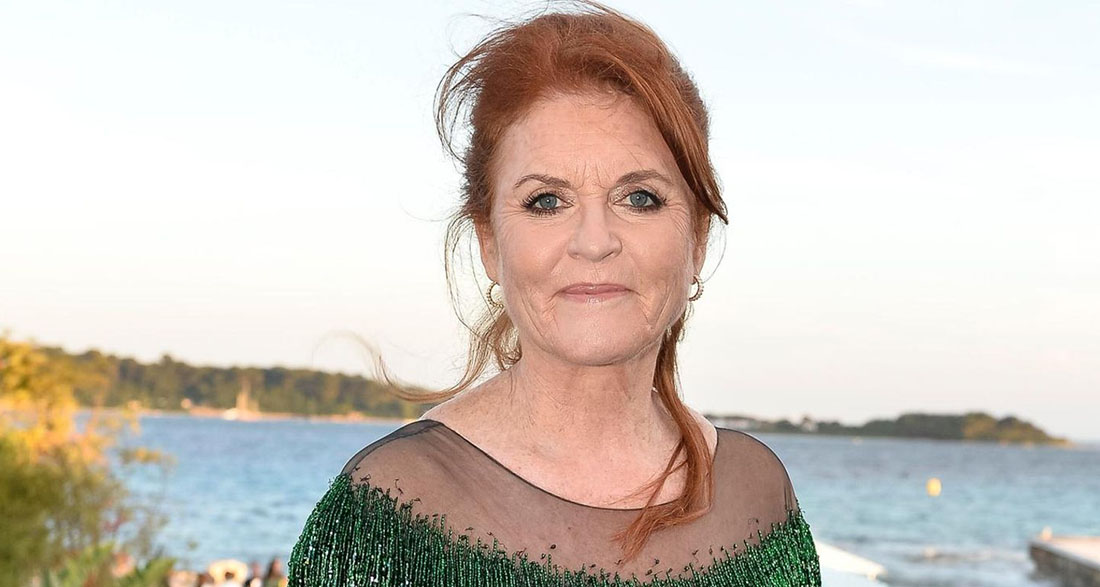She beams and always has a joke on her lips. Anyone who meets Sarah Ferguson would never sense the turmoil that still stirs within her. The Duchess of York has received two cancer diagnoses over the past two years — profound health crises that have turned her inner world upside down.
It hit her with full force: In January 2024, Sarah Ferguson, 65, was diagnosed with skin cancer, having just fought off another enemy within her body. Six months earlier, Prince Andrew’s 65-year-old ex-wife had already faced a life-threatening battle when she was diagnosed with breast cancer.
“I underwent a single mastectomy and breast reconstruction surgery,” she explained in an article for The Sun in October last year. Only months later, the next nightmare followed: during another examination, a malignant melanoma — an especially aggressive form of skin cancer — was found. A nightmare. The closely spaced diagnoses “felt like a death sentence,” she says today.
Sarah Ferguson Sees Teenage Cancer Patients Left Alone
Sarah serves as a patron for the #AndYoungPeople campaign by the Teenage Cancer Trust, a British charity that supports young people aged 13 to 24 through their cancer treatment, both medically and psychologically. In an article for The Times, the royal currently voices her concern that adolescents with cancer are often “left alone with their dark thoughts” much more than older patient groups.
“I was 63 when I was first diagnosed with cancer, and cancer is traumatic at any age,” Ferguson explains. “But as adults, we have maturity and life experience to help us advocate for ourselves and handle challenges. We can seek help when we need it, and most importantly, our voices, unfortunately, are often taken more seriously.”
Sarah writes: “A group that, in my opinion, is consistently overlooked by those who design health plans and measures are teenagers and young people.”
So far, they have not been treated in an age-appropriate manner — often sharing hospital rooms with much older patients or being placed in children’s wards where even the beds might not be the right size for them.
Research conducted in the UK in 2023 revealed that nearly half of young adults diagnosed with cancer had to visit their general practitioner more than three times before being referred for further testing.
“You Can’t Help but Think It’s a Death Sentence”
The campaign spearheaded by Sarah aims to ensure that teenagers are given a much more prominent role in England’s National Cancer Plan. This would mean quicker diagnoses, better access to clinical trials, and improved psychological support for young people.
It’s a cause close to Sarah Ferguson’s heart, and she is fully committed to making it a success. She knows all too well the searing fear that follows a cancer diagnosis.
Her mind “wandered to the darkest places” after receiving her first diagnosis, she revealed in her Sun interview last fall. “You wonder what lies ahead and how you’re going to share the news with your family,” she described the inner turmoil, making it clear even then: “When you’re told you have cancer, you can’t help but think it’s a death sentence.”
Fate struck the former daughter-in-law of Queen Elizabeth II, †96, with double force. “One diagnosis is enough to deal with, but I had two within a year. I readily admit that I faced my own mortality,” she said.
What helped her? Her closest loved ones and a little more self-love.
“My family supported me greatly during this time. I used meditation and mindfulness to stay positive and balanced.”

